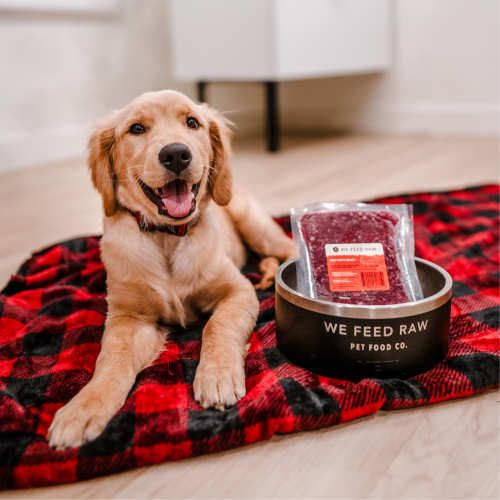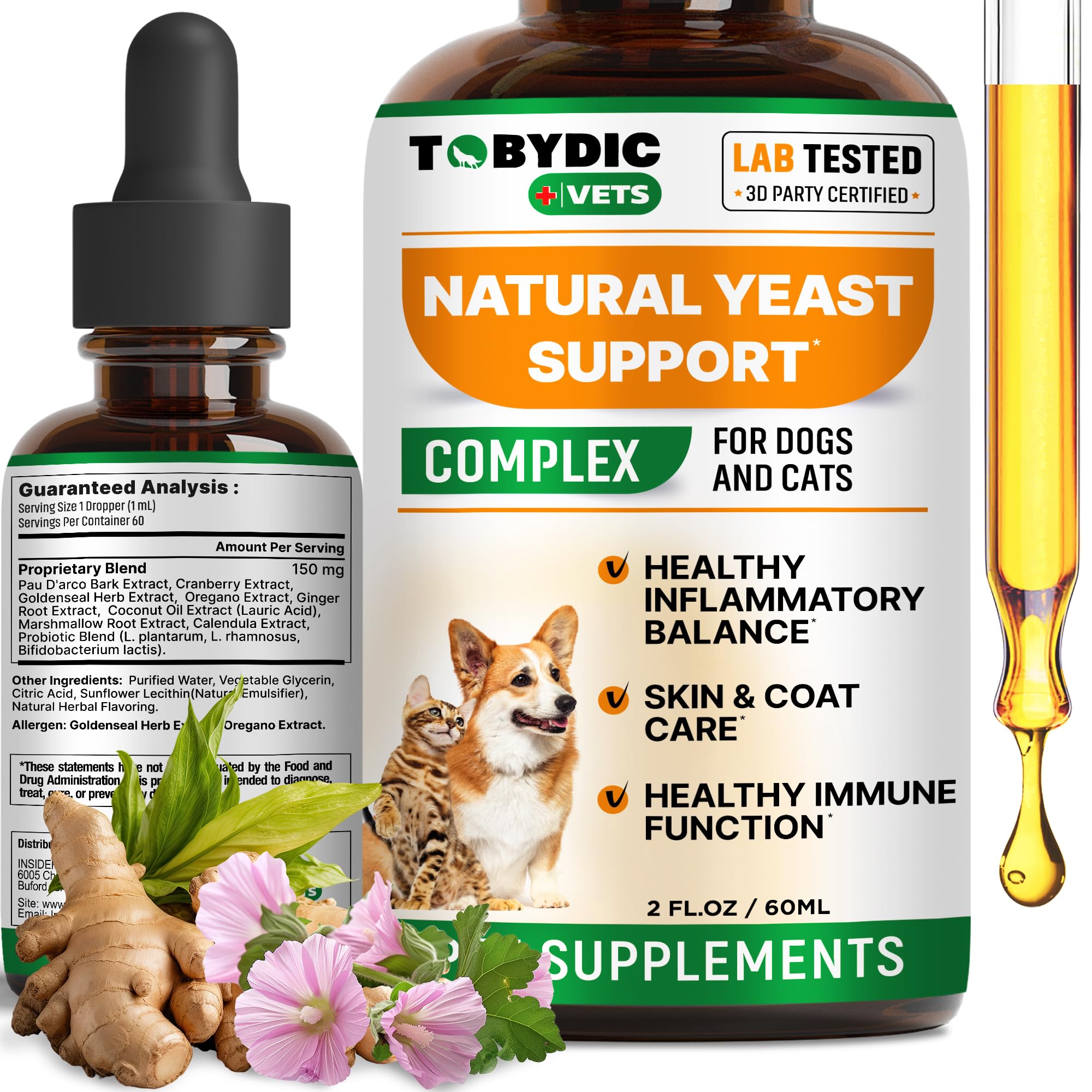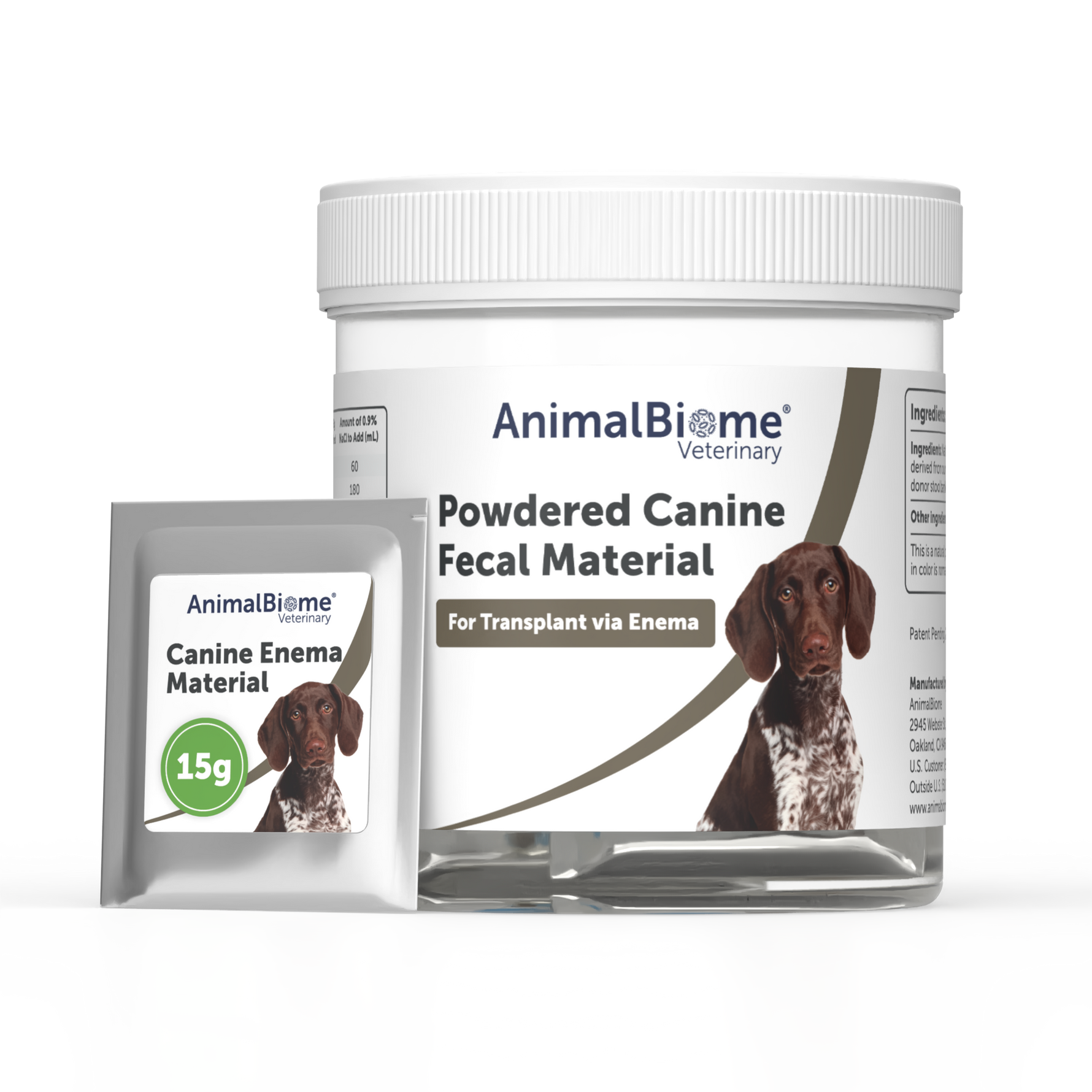Choosing the right dog food for your Golden Retriever can feel overwhelming. You want to give your furry friend the best, but with so many options out there, it’s hard to know where to start.
What if the food you pick could help your dog stay healthy, energetic, and happy for years to come? You’ll discover exactly what type of dog food suits Golden Retrievers best, helping you make confident, informed choices that your dog will love.
Keep reading to unlock the secrets to your dog’s perfect meal!

Credit: wefeedraw.com
Nutritional Needs Of Golden Retrievers
Understanding the nutritional needs of your Golden Retriever is key to keeping them healthy and happy. These dogs are active, friendly, and grow quickly, so their diet must support their energy and overall wellbeing. Feeding them the right nutrients can prevent health issues and boost their quality of life.
Caloric Requirements
Golden Retrievers need a balanced amount of calories to maintain their ideal weight. Active adults typically require between 1,200 and 1,600 calories daily, but this varies based on age, activity, and metabolism.
Overfeeding can lead to obesity, which puts extra stress on their joints. Underfeeding, on the other hand, can cause lethargy and poor muscle condition. Are you adjusting your dog’s food portions as their activity changes?
Protein Needs
Protein is crucial for muscle development and repair in Golden Retrievers. Look for dog foods with at least 22% protein content, preferably from high-quality animal sources like chicken, beef, or fish.
Proteins provide essential amino acids that support immune function and energy. Feeding your dog protein-rich meals helps keep their coat shiny and their muscles strong.
Essential Vitamins And Minerals
Golden Retrievers require a range of vitamins and minerals for healthy bones, skin, and overall function. Key nutrients include:
- Calcium and phosphorus:For strong bones and teeth
- Omega-3 and Omega-6 fatty acids:To maintain a healthy coat and reduce inflammation
- Vitamin E and C:For immune support and skin health
- Zinc and selenium:To aid in cell repair and antioxidant protection
Many commercial dog foods are fortified with these nutrients, but you should always check labels to ensure your Golden Retriever gets what they need. Have you checked the vitamin content in your dog’s food lately?

Credit: www.chewy.com
Dry Vs Wet Dog Food
Choosing the right food for your Golden Retriever can affect their health and happiness. Dry and wet dog foods offer different benefits. Understanding these can help you make the best choice.
Advantages Of Dry Food
- Dry food helps keep teeth clean by reducing plaque.
- It is easy to store and lasts longer after opening.
- Dry kibble is usually less expensive than wet food.
- It helps maintain healthy digestion due to higher fiber content.
- Portion control is simple with measured dry food servings.
Benefits Of Wet Food
- Wet food contains more moisture, supporting hydration.
- It is often more flavorful, appealing to picky eaters.
- Wet food is softer, easier to chew for older dogs.
- It usually has fewer preservatives and artificial ingredients.
- High moisture content can help with urinary tract health.
Mixing Dry And Wet Food
Combining dry and wet food offers balanced nutrition and taste. It provides the crunch of dry kibble with the juiciness of wet food. This mix can keep your Golden Retriever interested during meals.
Start by adding a small amount of wet food to dry kibble. Adjust the ratio based on your dog’s preference and health needs. Mixing can also improve hydration without sacrificing dental benefits.
Grain-free Vs Grain-inclusive Diets
Deciding between grain-free and grain-inclusive diets for your Golden Retriever can feel confusing. Both options have their own set of benefits and drawbacks. Understanding these can help you make a choice that supports your dog’s health and happiness.
Pros Of Grain-free Diets
Grain-free dog food eliminates common grains like wheat, corn, and rice. This can be helpful if your Golden Retriever has allergies or sensitive digestion.
Many owners report that grain-free diets improve their dog’s coat shine and reduce itching. Also, these diets often include alternative carbohydrate sources like sweet potatoes or peas, which provide energy without common allergens.
However, be cautious—grain-free does not automatically mean better nutrition. Always check the ingredient list to ensure your dog is getting balanced nutrients.
Benefits Of Grains
Grains are a good source of fiber, vitamins, and minerals essential for digestion and overall health. They provide steady energy, which is important for active Golden Retrievers.
Including grains can also help keep your dog’s diet cost-effective without compromising quality. Some grains like oats and barley have low glycemic indexes, supporting stable blood sugar levels.
Many dogs tolerate grains well, and excluding them without a medical reason may limit your pet’s nutrient intake unnecessarily.
Choosing The Right Option
Ask yourself if your dog has shown signs of grain intolerance such as digestive upset or skin issues. If yes, trying a grain-free diet for a few weeks might reveal improvements.
On the other hand, if your Golden Retriever thrives on a grain-inclusive diet, there’s no need to switch. The key is to look for high-quality ingredients and balanced nutrition.
Consult your vet to tailor the choice based on your dog’s health, activity level, and age. After all, the best dog food is the one that keeps your furry friend energetic and healthy every day.
Age-specific Dog Food
Choosing the right dog food for your Golden Retriever means paying close attention to their age. Different life stages require different nutrients to support growth, maintain health, and address age-related changes. Age-specific dog food ensures your furry friend gets exactly what they need at every stage of life.
Puppy Nutrition
Puppies need food that supports rapid growth and brain development. Look for formulas rich in protein, DHA, and calcium to build strong bones and muscles. Avoid fillers and opt for high-quality ingredients to give your Golden Retriever the best start.
Have you noticed how energetic your puppy is? Their food should match that energy level with easily digestible nutrients. Feeding them adult dog food too soon can slow their growth and cause nutritional gaps.
Adult Dog Requirements
Adult Golden Retrievers need balanced nutrition to maintain their weight and muscle tone. Their food should include moderate protein, healthy fats, and essential vitamins and minerals. Watch the calorie content closely to prevent obesity, a common issue in this breed.
Consider your dog’s activity level when choosing adult food. A working Golden Retriever will need more calories than a couch companion. You can adjust portions or select formulas designed for active or less active dogs.
Senior Dog Needs
Older Golden Retrievers benefit from food that supports joint health and digestion. Ingredients like glucosamine, chondroitin, and fiber can ease arthritis symptoms and promote gut health. Protein should be high quality but not excessive to avoid kidney strain.
Have you seen changes in your senior dog’s energy or appetite? Age-specific senior food can help manage these changes and keep your dog comfortable. Choosing the right food can enhance their quality of life during their golden years.
Special Dietary Considerations
Golden Retrievers need special diets to stay healthy and active. Their food should support their unique needs. This includes managing allergies, maintaining a healthy weight, and protecting their joints. Paying attention to these details helps your dog live a happy life.
Allergies And Sensitivities
Some Golden Retrievers have food allergies or sensitivities. Common triggers include wheat, corn, soy, and certain proteins. Signs may show as itching, digestive upset, or ear infections. Choose dog food with limited ingredients or hypoallergenic formulas. Grain-free options can help dogs with grain sensitivities. Always watch for reactions when introducing new food.
Weight Management
Golden Retrievers can easily gain extra weight. Overweight dogs face many health problems. Control calorie intake with balanced dog food designed for weight control. Look for formulas with lean proteins and fiber. Fiber keeps dogs full and aids digestion. Measure portions carefully. Regular exercise helps keep your dog fit and healthy.
Joint Health And Mobility
Golden Retrievers often have joint problems like arthritis or hip dysplasia. Foods rich in glucosamine and chondroitin support joint health. Omega-3 fatty acids reduce inflammation and improve mobility. Some dog foods include these supplements. Feeding such diets helps maintain strong joints and keeps your dog moving comfortably.

Credit: www.years.com
Top Recommended Brands
Choosing the right dog food brand for your Golden Retriever ensures proper nutrition and health. Quality matters. Trusted brands offer balanced ingredients tailored to this breed’s needs. Below are top recommended brands divided into premium, budget-friendly, and veterinarian-endorsed options.
Premium Options
- Orijen:High-protein formula with fresh, natural ingredients.
- Blue Buffalo Wilderness:Grain-free recipes rich in meat and antioxidants.
- Wellness Core:Focuses on lean proteins and nutrient-rich superfoods.
Budget-friendly Choices
- Diamond Naturals:Affordable with real meat and wholesome grains.
- Purina ONE SmartBlend:Balanced nutrition with added vitamins and minerals.
- Rachael Ray Nutrish:Good protein sources and easy on the wallet.
Veterinarian-endorsed Brands
- Hill’s Science Diet:Formulated to support joint and coat health.
- Royal Canin:Breed-specific formulas tailored for Golden Retrievers.
- Canidae:Limited ingredient recipes ideal for sensitive stomachs.
Homemade Vs Commercial Dog Food
Deciding between homemade and commercial dog food for your Golden Retriever can feel overwhelming. Each option has its unique advantages and challenges. Understanding these can help you make the best choice for your dog’s health and happiness.
Benefits Of Homemade Meals
Homemade meals give you complete control over ingredients. You can choose fresh, high-quality proteins, vegetables, and grains tailored to your Golden Retriever’s needs.
Many owners notice better digestion and shinier coats after switching to homemade food. Plus, you avoid preservatives and fillers found in some commercial brands.
Have you ever watched your dog eagerly eat a meal you prepared yourself? That connection can make mealtime more rewarding for both of you.
Convenience Of Commercial Food
Commercial dog food saves time and effort, especially if you have a busy schedule. It’s designed to be nutritionally balanced, so you don’t have to worry about missing essential nutrients.
Packaging options like kibble and canned food last longer and are easy to store. Many brands also offer formulas made specifically for Golden Retrievers, addressing common breed concerns.
Do you find it challenging to keep up with meal prep every day? Commercial food might be the practical answer to keep your dog well-fed without the hassle.
Balancing Homemade Diets
Feeding homemade meals requires careful planning to ensure your dog gets all necessary vitamins and minerals. Simply mixing meat and rice isn’t enough for long-term health.
Working with a vet or pet nutritionist can help you create a balanced menu. Supplements like fish oil or calcium might be needed to fill nutritional gaps.
Could you commit to tracking your dog’s nutrition and adjusting recipes as they grow? If yes, homemade food can be a rewarding, healthful choice.
Frequently Asked Questions
What Ingredients Are Best For Golden Retriever Food?
Golden Retrievers need high-quality protein like chicken or fish. Healthy fats and whole grains support their energy and coat. Avoid fillers and artificial additives to keep their digestion healthy and immune system strong.
How Much Dog Food Should A Golden Retriever Eat?
Adult Golden Retrievers typically eat 2 to 3 cups of food daily. Puppies require more frequent meals with smaller portions. Always adjust based on activity level, age, and weight to maintain ideal health.
Is Grain-free Food Suitable For Golden Retrievers?
Grain-free diets can benefit Golden Retrievers with allergies or sensitivities. However, most do well with whole grains. Consult your vet before switching to grain-free options to ensure balanced nutrition.
Should Golden Retrievers Eat Dry Or Wet Dog Food?
Dry food supports dental health and is convenient. Wet food offers higher moisture content and can be more palatable. Many owners combine both to balance nutrition and hydration.
Conclusion
Choosing the right dog food helps keep Golden Retrievers healthy. Focus on foods rich in protein and healthy fats. Avoid ingredients that cause allergies or upset stomachs. Fresh, balanced meals support their energy and shiny coat. Always check labels to ensure good quality ingredients.
Tailor feeding to your dog’s age and activity level. Proper nutrition means a happier, stronger pet. Care for your Golden with thoughtful food choices. Simple steps lead to a long, joyful life together.







